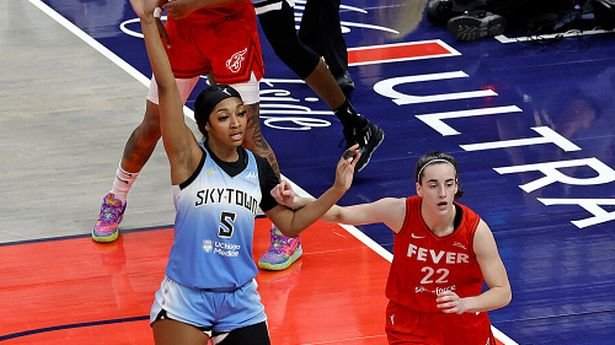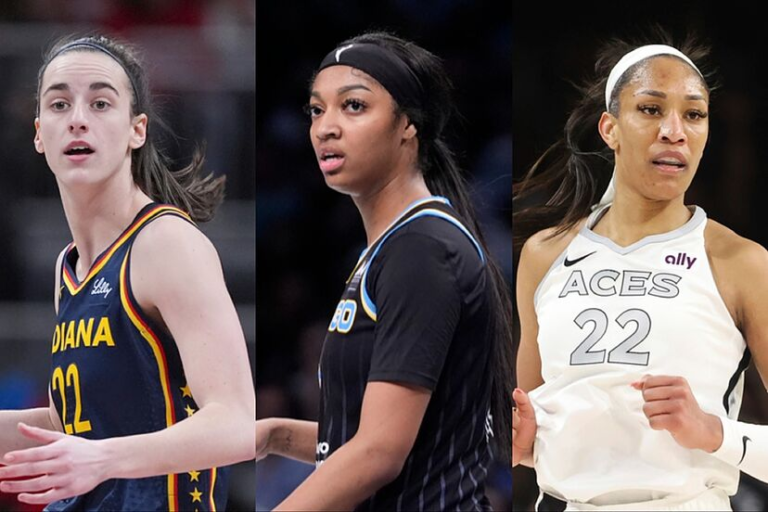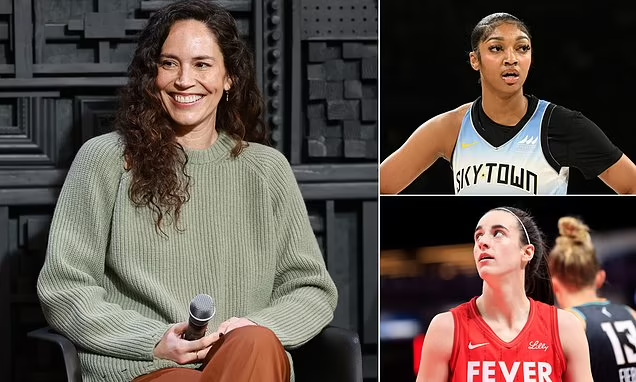
The rivalry between Angel Reese and Caitlin Clark has catalyzed a renaissance in the popularity of women’s basketball. This competitive dynamic first gained widespread attention during the 2023 NCAA Championships when Reese, representing LSU, mirrored Clark’s use of John Cena’s iconic “You can’t see me” gesture. Their on-court encounters trace back to their AAU days, culminating in their college years, where Reese played for Maryland and later LSU, while Clark established her legacy with Iowa. Their face-offs have become emblematic of a burgeoning interest in women’s sports, capturing headlines and sparking debates.
During ComplexCon, Reese offered her perspective on the media’s depiction of their rivalry in a discussion with Complex’s Speedy Norman. She emphasized that the competition with Clark has always been deeply rooted in mutual respect and history. “People don’t know the legacy of us being able to play against each other for a really long time,” she remarked, highlighting their competitive encounters since their early teens. For Reese, the narrative extends beyond a singular championship game, underscoring a years-long evolution of their respective careers.
While acknowledging that rivalries can fuel divisive narratives, Reese views the heightened attention as a necessary trade-off for advancing women’s basketball. She noted how social media often pits female athletes against one another, yet she sees this as an opportunity to illuminate the sport’s potential. Despite the negativity that often accompanies online discourse, Reese embraces her role in sparking conversations that elevate the visibility of women’s basketball.
Reese’s perspective reflects a mature understanding of the intersection between rivalry and representation. She accepts that criticism and controversy are part of the journey, positioning herself as a lightning rod for change. “I know that at the end of the day, I’m growing women’s basketball,” she stated, signaling her willingness to bear the brunt of scrutiny to amplify the sport’s reach. Her focus remains on the broader mission of cultivating a sustainable legacy for future generations of female athletes.
The Reese-Clark rivalry has transcended the confines of traditional competition, becoming a cultural touchpoint that underscores the rising influence of women’s basketball. Their shared history, coupled with the media’s focus on their confrontations, has amplified interest in the sport, drawing attention to its vibrant potential. While rivalries may often ignite polarizing debates, Reese’s commitment to the sport’s growth reflects a visionary approach to leveraging competition as a catalyst for change.







